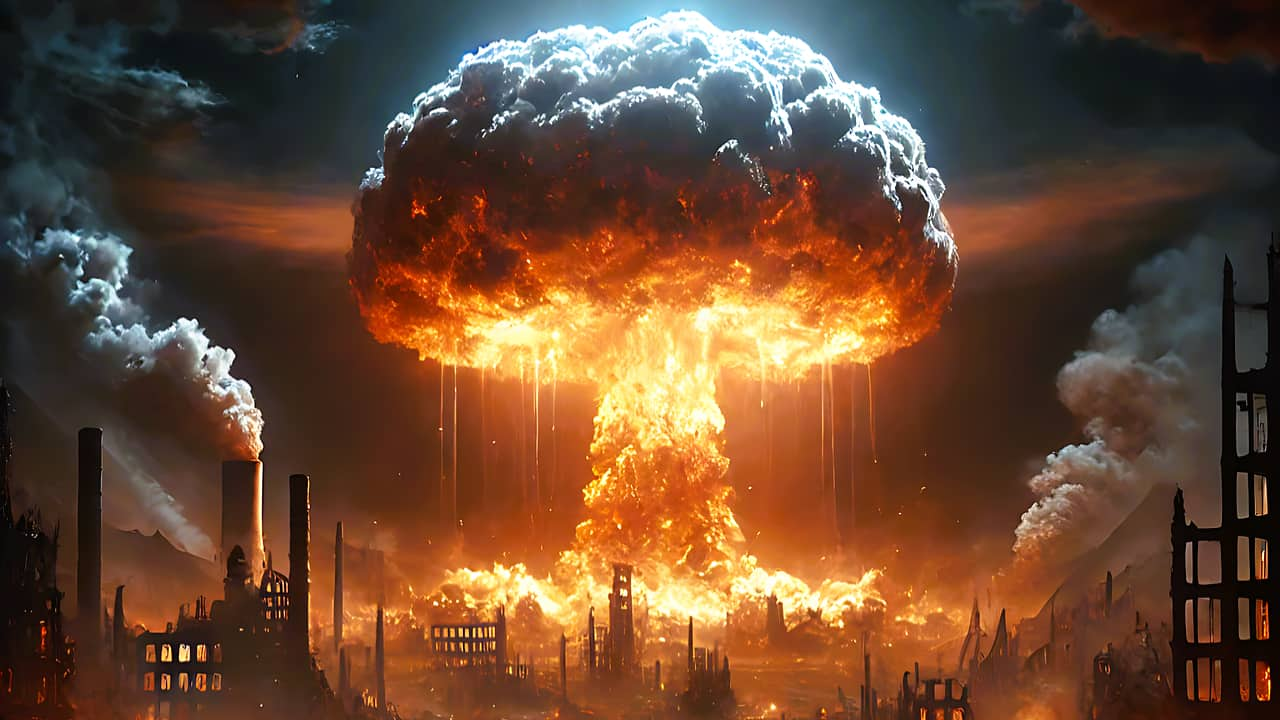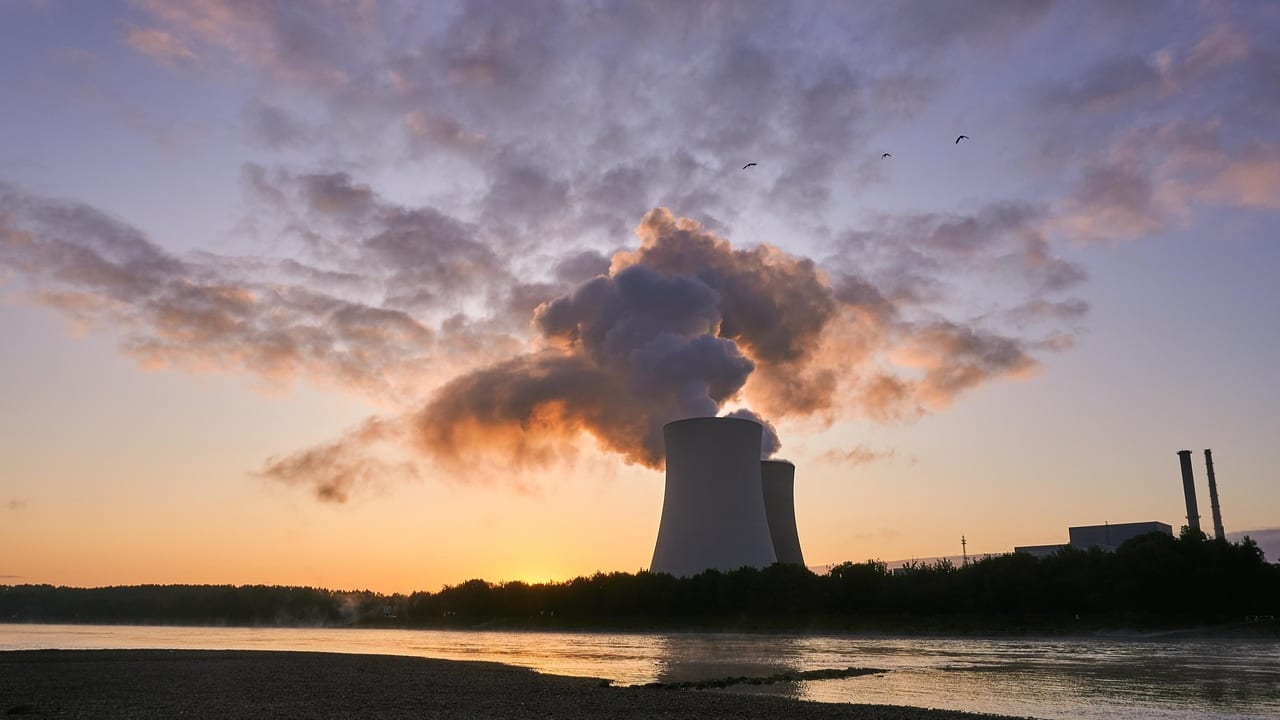
WORLD
Why the US would not conduct explosive nuclear tests
The greatest resistance to US nuclear testing would not come from China or Russia, but from the southwestern states of Nevada and Utah which have historically suffered because of nuclear testing

BUSINESS
OPINION | How China is flipping the supply chain warfare script
U.S. threatened a 100-percentage point increase in tariff on Chinese imports as retaliation over Beijing’s enhanced export control measures of critical mineral products. What’s playing out is a script reversal- China has taken a leaf out of the U.S. playbook

INDIA
OPINION | Why the Jaguar Land Rover cyberattack is a warning shot for the Indian automotive sector
The protracted struggle of Jaguar Land Rover with a massive cyberattack has revealed that cyberattacks are not just about abstract occurrences restricted to machines but are increasingly about supply chain disruptions and livelihood losses. Indian automotive players should conduct a cyber audit of their facilities, map out supply chain implications of operational disruption and secure cyber insurance to avoid hefty damages

WORLD
OPINION | Google ruling in the US will have adverse implications in India and other developing countries
The recent judgement by a US federal court in the 2020 case against Google has been a setback for anti-monopoly advocates in the country and beyond. The judgement emboldens the Big Tech players and disadvantages developing states, including India

BUSINESS
Hits and misses of India's new joint cyber doctrine
The recently released joint cyber doctrine’s significance goes beyond the fact that it is the first such publicly available document. The doctrine bats for a greater private sector involvement, enunciates key features of cyber warfare, and focuses on audit and supply chain security. However, on information warfare and quantum technologies, the doctrine leaves scope for further strengthening

BUSINESS
How Trump and Mastercard are pushing the global financial system to an inflection point
For more than a decade, cryptocurrencies have created a parallel decentralised payments architecture as opposed to the centralised global financial system dominated by select intermediaries. Trump’s championing of stablecoins along with Mastercard’s embrace of blockchain can lead to the convergence of disparate worlds

INDIA
India needs a new nuclear dream
Homi Bhabha’s three-stage nuclear dream of the 1950s has helped the country in indigenising PHWRs and developing nuclear weapons, but has not met the promise of limitless power through thorium utilisation. India needs a new nuclear dream that focuses on five areas — from doubling down on PHWRs to pursuing direct thorium utilisation, and drawing in the private sector by tweaking nuclear liability law

WORLD
China's thorium reactor is a wake-up call for India
India should pursue direct thorium utilisation in parallel to the three-stage nuclear power programme as it’s only the first stage which has been mastered so far. Also, there’s a need to diversify reactor designs to complement the current set of pressurised heavy water reactors

WORLD
US’ cyber security strategy relegates Russian threat, makes China main target
The Trump administration has shown definitive signs of shuffling its hierarchy of threats. Russia, the focus during the last three presidencies, is no longer seen through the same lens. Resources are now being shifted to tackling China. It assumes salience in the backdrop of an intensifying US-China trade war

POLITICS
Four takeaways from Raisina Dialogue on contemporary geopolitics
From Ukraine to information warfare, discussions at the Raisina Dialogue revealed insights about the shifts in contemporary geopolitics that India would do well to adapt to

POLITICS
Why India should keep out TikTok in the age of information warfare
Even as some Chinese apps make their comeback in the country, TikTok should not be allowed in India due to cognitive autonomy concerns. Its algorithm can be potentially used to amplify or de-amplify content to suit ByteDance's, and thereby Chinese Communist Party's, objectives

INDIA
India rolls out the red carpet for private nuclear firms
France and India last week declared an intent to partner each other to develop advanced modular nuclear reactors and SMRs. Juxtaposed with the recent union budget’s proposals to rework India’s legal framework for nuclear energy and set a rather ambitious capacity addition target, there’s a clear signal to the private sector to step in.

WORLD
COP29 hyped nuclear energy but it won’t last
The hype surrounding nuclear energy in the aftermath of the COP29 would only translate into growth of the nuclear industry if the theoretical solution to highly-radioactive nuclear waste — deep geological repositories — translates into reality. A safe answer which has been adequately tested is not yet available








